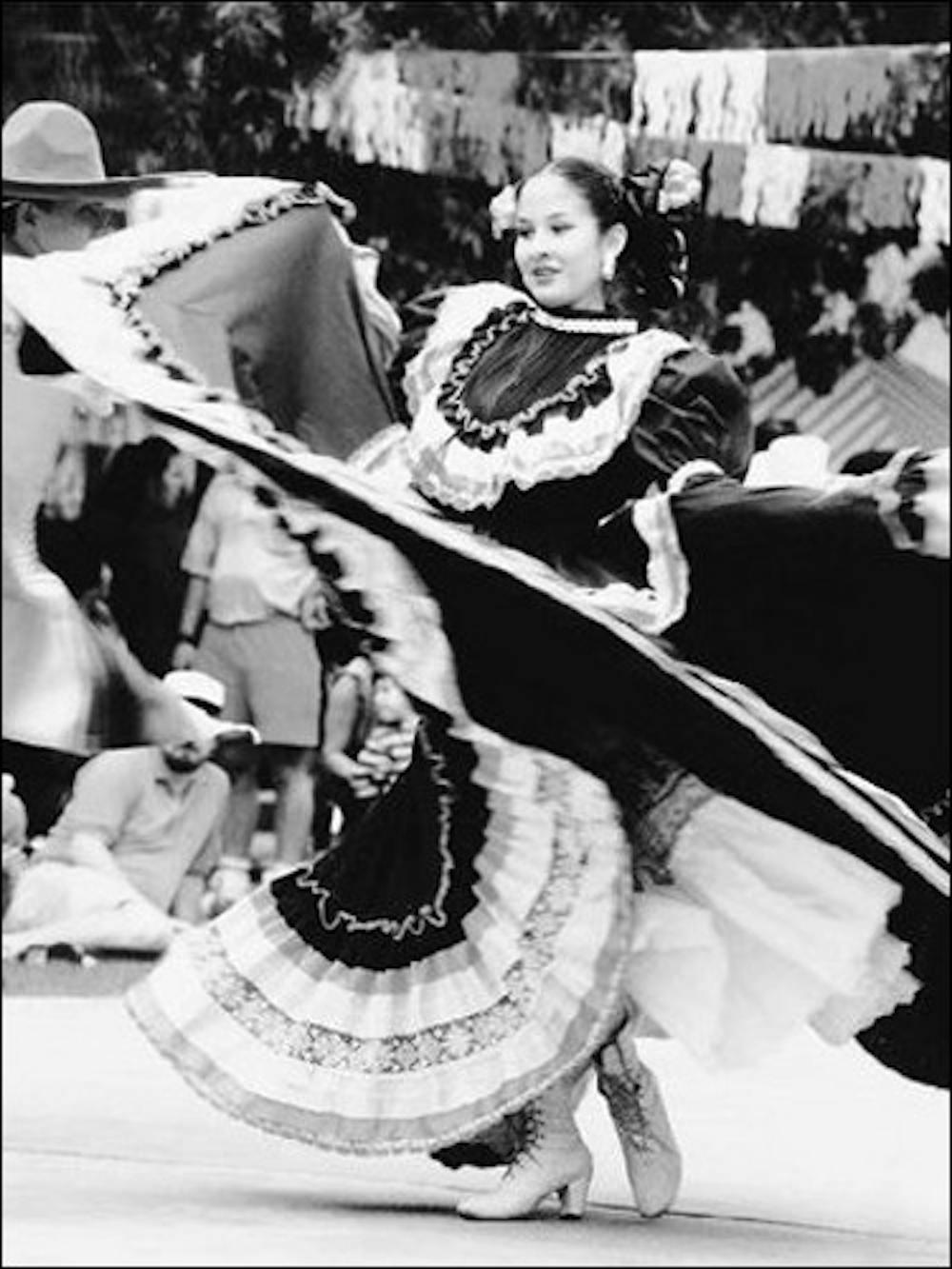Are you ready for my full name? It’s Charles Edward St.George IV. And that’s the shortened version. You could stretch it out considerably by opting to spell out “Saint George” or even spell out “The Fourth” if you wanted to (although I’m not sure whether “the” would be capitalized … I’ll have to check with the royal family to see how they do it). Taking it even further, you could go back to my French Canadian grandfather’s original last name (Saint-Georges de la Porte) just to stretch it out even more. In any case, my name makes it sound like I was born into money — educated in the most exclusive Catholic school and heir to a royal Western European fortune — when I actually come from a humble (technically impoverished, according to American standards) single-parent home in Thatcher, Arizona. Where the hell is Thatcher? Exactly.
I am currently at ASU pursuing a Ph.D. in Spanish Literature and Culture, attempting to construct an unofficial minor in French and teaching two sections of SPA 202. I am also, bizarrely enough, currently performing in the Spanish-language version of the classic musical “Grease” (known as “Vaselina” in Mexico, where it has been very popular). Although I do not pretend to be an actor, I have grown up in the theatre — literally. I have been performing in plays (often with my family) at Eastern Arizona College since I was a kid. I grew up watching my mom read and re-read a script, study a character, and find a way to connect with and capture that character’s humanity. No matter how different the character was from my mom — no matter how different her belief system, her time period, or her heritage — she always found a way to read, identify with and reconstruct that Otherness in a way that inherently required compassion and understanding. That is why I’m so interested in theatre, film and literature. These are all mediums through which we can connect with the Otherness that surrounds us (rather than fearing and rejecting it).
I have chosen to study Spanish-language literature and culture in particular because it is a part of me; it is a part of everyday life here in Arizona. Even non-Hispanic Arizona natives know how to pronounce words like “calle” and “ajo” and are able to identify tamales and luminarias as holiday traditions. As our country’s second language (and as our state’s first European language), Spanish is particularly relevant because so much human discourse occurs “en español” — so much humanity is represented by the language. I enjoy teaching Spanish because, as Charlemagne said, “to have another language is to posses a second soul.” If we spent a little more time trying to understand and connect with each other, we’d spend less time bombing each other and more time solving problems together. Idealistic? Probably. But if I’m successful, I can add “Ph.D.” to the end of my name to make it even longer.




